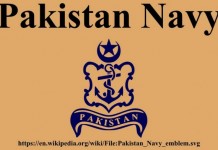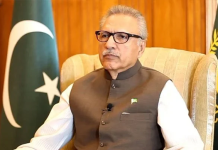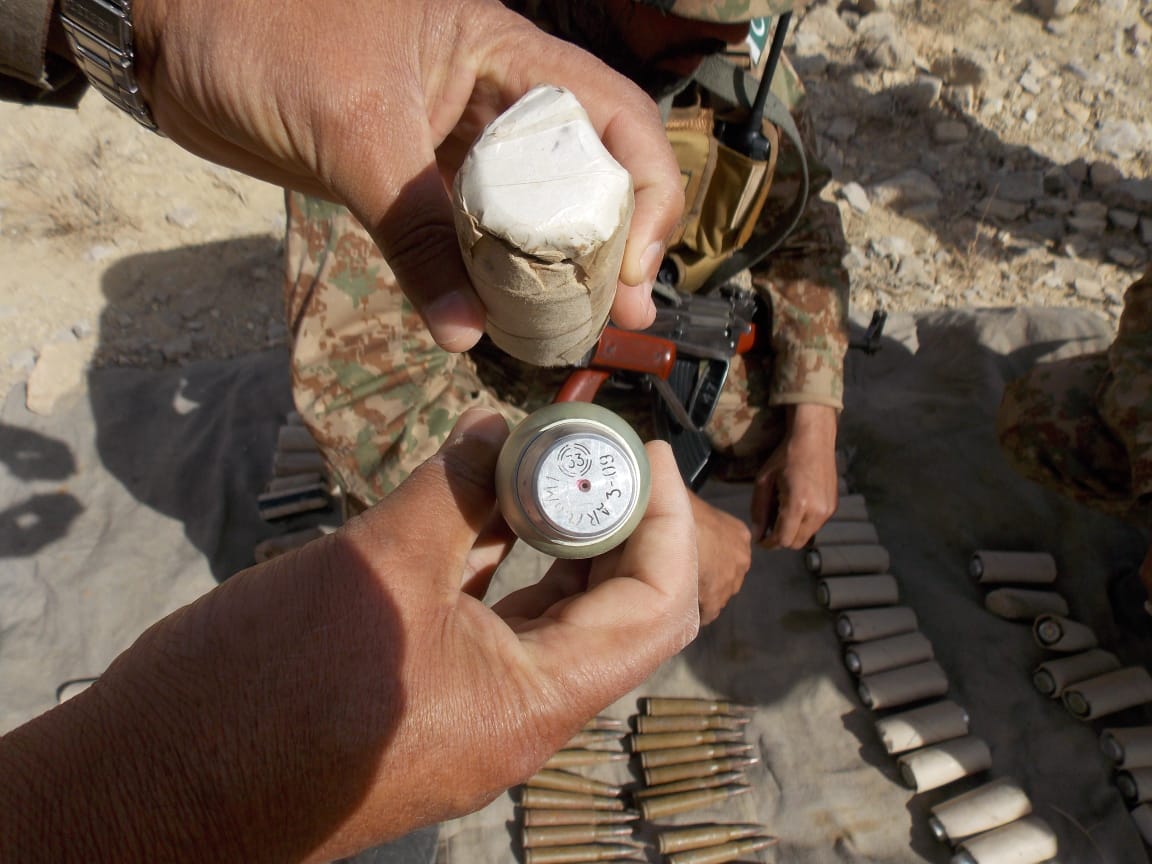Chairman National Di
saster Management Authority (NDMA) Lieutenant General Inam Haider Malik on Tuesday said building the resilience of communities through an all-inclusive and participatory approach was key to effectively managing di
saster risk.
The NDMA in partnership with United Nations Office for Di
saster Risk Reduction (UNDRR) and UNICEF Pakistan held Pilot Training on Gender-Responsive Implementation of the Sendai Framework for Di
saster Risk Reduction (SFDRR) that would continue for three days from February 14-16, a news release said.
In line with the multi-sector approach outlined in the Sendai Framework, the key target audiences were gove
rnment officials and representatives from National and Provincial Di
saster Management Authorities, (NDMA and PDMAs); federal and provincial chapters of the Commission on the Status of Women Planning and Development (P&D), Women Development and Social Welfare Departments, Rescue 1122, NESPAK, Geological Survey of Pakistan, Fed
eral Flood Commission, Planning Commission and SUPARCO.
The SFDRR is the global blueprint for Di
saster Risk Reduction and reinforces the shift from managing di
sasters to managing risk, and also establishes resilience-building as a shared vision of the 2030 Agenda. The overarching objective of the Pilot Training was to strengthen Pakistan’s ability to implement the SFDRR, in a way that promotes and supports gender equality. The training was organized by NDMA, recognizing that effective DRR requires meaningful and diverse participation, engagement and leadership, through an inclusive and accessible, all-of-society approach.
Addressing the participants at the Opening Ceremony of the training worksh
op, Chief Guest Member National Assembly and Convener of the Parliamentary SDG Task Force, Romina Khurshid Alam highlighted the fact that Pakistan was the first country to adopt SDGs 2030 agenda through a unanimous resolution of the Parliament of Pakistan. She further mentioned that the SDG Secretariat was established in the National Assembly of Pakistan in 2016 and since then the Parliamentary Task Force
for SDGs is working on achieving 17 sustainable development goals in the country, including Goal number 5: Gender Equality.
Speaking about the importance of law and policy, she stressed embedding gender equality across all institutional processes and legal systems in the country to prevent gender discrimination in di
sasters. Chairman, NDMA, Lt. General Haider Inam Malik thanked UNDRR and NDMA’s long-standing partner UNICEF for their wholehearted support in executing the Pilot Training in Pakistan. He thanked the international trainers for their commitment to building the capacities of gove
rnment officials in Pakistan. Moreover, he urged the participants and officials from Federal and Provincial Gove
rnment Departments to take full benefit of the platform to develop their understanding of adopting an all-inclusive approach to di
saster risk reduction and management for the vulnerable segments of society.













